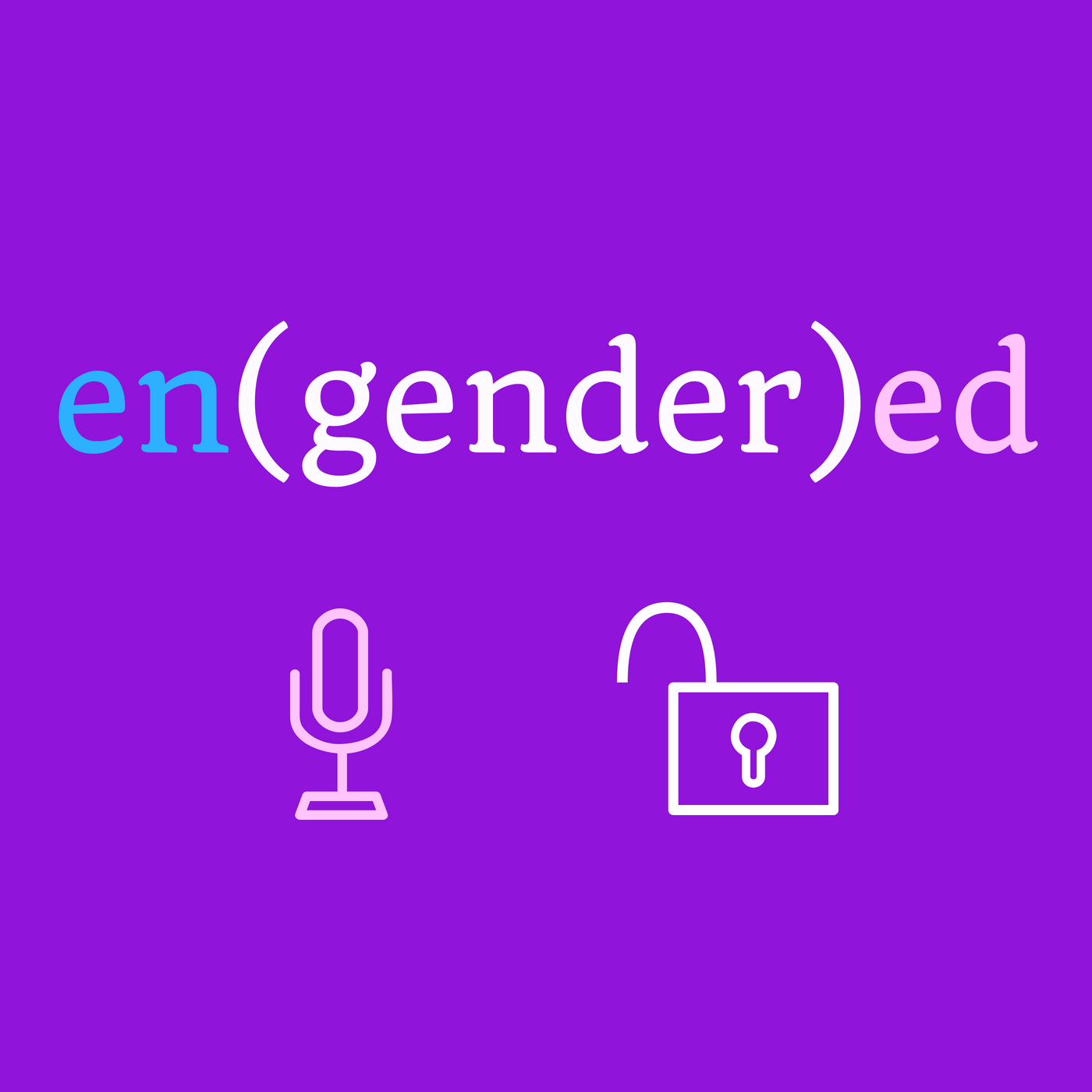
On this episode of the en(gender)ed podcast, our guest is Jess Hill, an investigative journalist who has been researching and writing about domestic violence since 2014. We speak with Jess today about her book, newly released in the US “See What You Made Me Do: The Dangers of Domestic Abuse That We Ignore, Explain Away, or Refuse to See” which offers a primer on the gendered nature of violence, the ways in which society enables and excuses male entitlement to power over, and the normalization and erasure of men’s violence against women our media and discourse. Jess and I also delve into a systems approach to confronting and preventing abuse, including examining proposals for criminal justice reform, such as women’s policing, the Highpoint Model, and a justice reinvestment model in Australia.
During our conversation, Jess and I referenced the following resources and topics:
- The intersection of domestic abuse and gun violence
- Neo-liberalism and the US tendency favoring individualism as a factor in contributing to domestic abuse
- The importance of context in identifying “situational couple violence” versus “coercive control” or “intimate partner violence”
- PSA from Britain called “Timekeeper” on coercive control against women and children (Scroll to bottom to view and click on upper right to unmute)
- Our recent #SurvivorStories episode with protective mom, “Courtney”
- bell hooks’ “Communion: The Female Search for Love“
- bell hooks’ “The Will to Change: Men, Masculinity, and Love“
- The coercive controller typologies of the “Pitbull” and the “Cobra”
- Amy Holtzworth-Munroe’s typologies of abusive behavior
- High rates of domestic abuse in Indigenous communities
- Frances Power Cobb’s coinage of the term “wife torture” to describe domestic abuse
- How a study of babboons showed cultural norms can end abuse
- Australia’s effort to criminalize coercive control
- Gender-based policing and women’s police stations
- Focused Deterrence Model in Highpoint, NC
- Justice Reinvestment Model in Bourke, Australia, the equivalent of “Defund the Police” model in the US
- Jacinda Ardern’s use of the “well-being” index instead of GDP to measure her success as a leader
Don’t forget to subscribe to the show!

